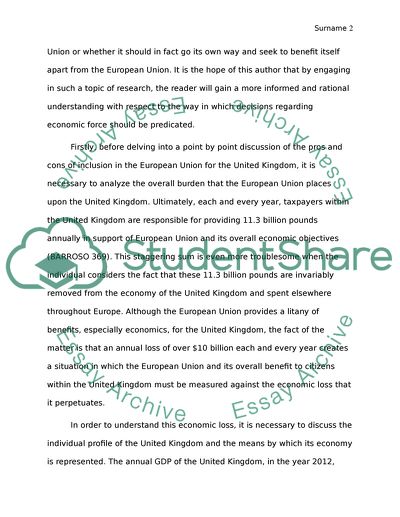Cite this document
(“The United Kingdom and the European Union: Symbiosis or Mutual Need Research Paper”, n.d.)
The United Kingdom and the European Union: Symbiosis or Mutual Need Research Paper. Retrieved from https://studentshare.org/politics/1832961-to-analyse-the-role-of-united-kingdom-within-the-eu-organization
The United Kingdom and the European Union: Symbiosis or Mutual Need Research Paper. Retrieved from https://studentshare.org/politics/1832961-to-analyse-the-role-of-united-kingdom-within-the-eu-organization
(The United Kingdom and the European Union: Symbiosis or Mutual Need Research Paper)
The United Kingdom and the European Union: Symbiosis or Mutual Need Research Paper. https://studentshare.org/politics/1832961-to-analyse-the-role-of-united-kingdom-within-the-eu-organization.
The United Kingdom and the European Union: Symbiosis or Mutual Need Research Paper. https://studentshare.org/politics/1832961-to-analyse-the-role-of-united-kingdom-within-the-eu-organization.
“The United Kingdom and the European Union: Symbiosis or Mutual Need Research Paper”, n.d. https://studentshare.org/politics/1832961-to-analyse-the-role-of-united-kingdom-within-the-eu-organization.


